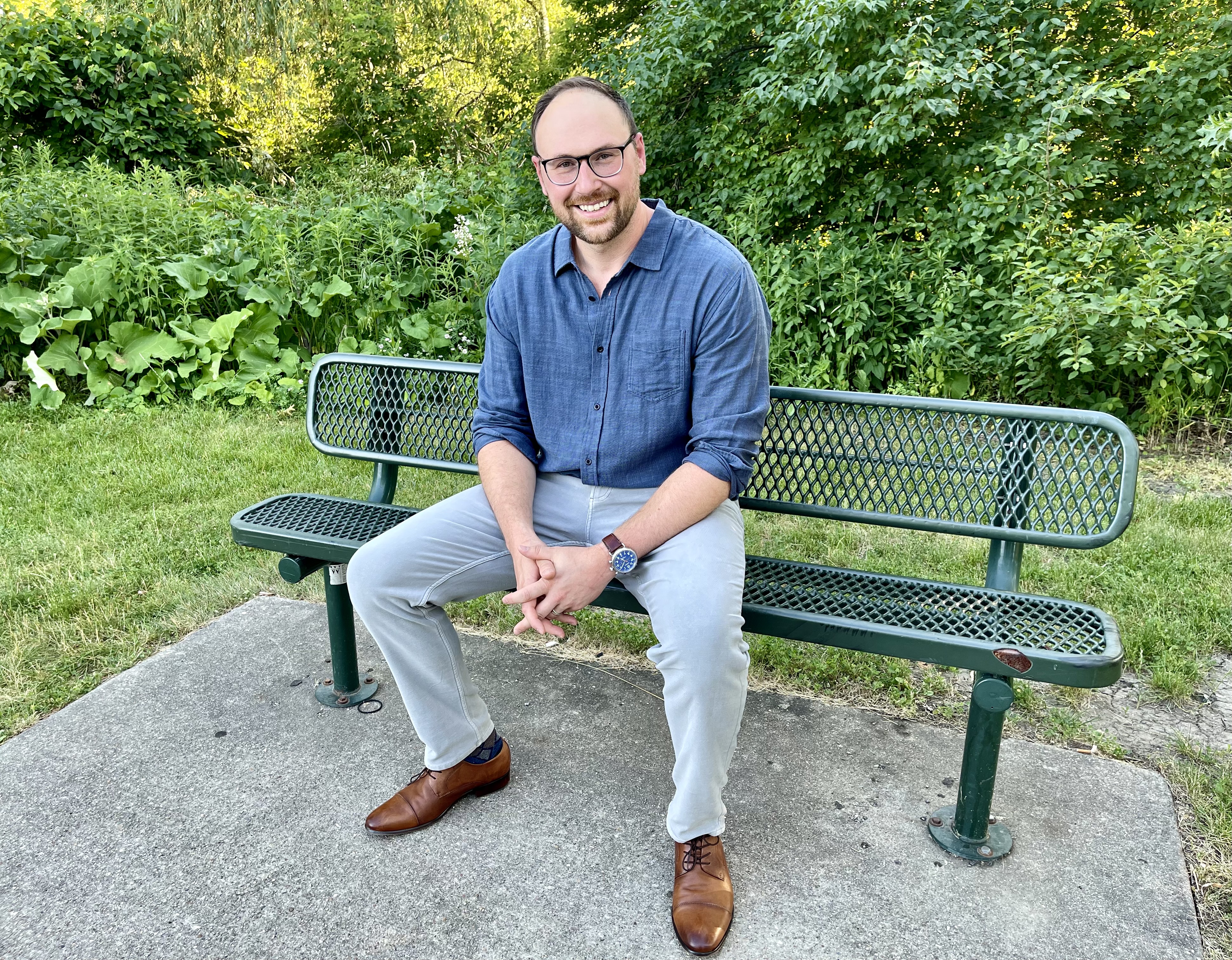
Relationships: The 9 Key Ingredients For Lasting Commitment
A friend of mine recently got married. I proudly stood as his best man as he said his vows – a commitment to be with his wife for as long as they both shall live. And as I gave my speech, highlighting their love for each other and my confidence in their longevity as a couple, I couldn’t help but consider how often this commitment breaks down.
It seems that over the last century, this commitment has slowly eroded to a flimsy promise to stick around for the long haul.
However, we remain optimistic. We are hopeful we will find the person to commit to – take a deep breath – and hope that this pledge will leave us feeling safe; comfortably in love for all eternity.
Yet how often do we stop and sincerely consider what commitment actually means?
Whether you are single or currently in a relationship, reminding yourself the characteristics of a healthy commitment will better affirm a successful partnership.
11. Commitment is action
It’s easy for anyone to say they are committed to something. Simply saying “I do” on your wedding day can be the equivalent of drunkenly screaming out your New Years resolution.
The commitment in a relationship doesn’t just happen without effort; it’s the day-in-day out choice and action towards the lifelong journey with this person for better or worse.
2. Commitment is having a growth mindset
When I work with a couple that is genuinely committed there is an undeniable feeling in the room of “how will we make this work?” not “will we make this work.” This is a mindset of growth, rather than a fixed mindset of “this hasn’t worked, and will never work.”
Coming from a place of how allows the couple to make changes with less resistance, increases imagination, and creates a feeling of safety.
If you find yourself slipping out of a growth mindset, but would like to continue working on the relationship, try to act as if you had more of the “how can we make this work” attitude. It’s possible to have your doubts and still maintain a positive outlook.
3. Commitment is maintaining gratitude
Commitment is making a choice to see the positive qualities in your partner. It’s having gratitude for who they are instead of building resentment for what they are not.
Having appreciation for your significant other won’t only reinforce commitment, but will enhance the quality of the relationship as a whole. Remind yourself regularly why you were attracted to this person in the first place, and what qualities make you continue to fall in love with them.
4. Commitment is embracing vulnerability
When making a commitment to someone, we surrender ourselves to every possibility. For better or worse, a commitment affects our freedoms, family, finances, emotions, lifestyle, etc (no wonder it can be so scary). But without this vulnerability we stunt our ability to form adequate intimacy, and cheat ourselves from having the relationship we deserve.
Again, this isn’t something that is just assumed when you say “I do”. Vulnerability is required at every stage in a relationship. This allows us to develop closeness, connection, and authenticity to solidify our commitment.
5. Commitment is creating safety
Relationships cannot thrive without an undercurrent of safety. Research is finding that security is a human being’s primary need. Our romantic relationships are ground zero to achieve a life of emotional security.
Intact commitment offers us safety in that “we are in this together, this person has my back”. The mere presence of our loved one soothes us into a feeling of “I’m safe with this person, I’m free to be myself”
6. Commitment is unconditional AND conditional love
“In a healthy person, loyalty has its limits and unconditional love can coexist with conditional involvement” -David Richo
It is possible to love unconditionally but place conditions around that love. This allows us to respect our own self-love without losing ourselves to an unhealthy relationship. “I love you, and I care for myself by not supporting your addiction.”
This part of a relationship is never black and white. We must be keen to reasonable expectations in a relationship, but also set high enough standards that we remain fulfilled.
All relationships are different, and all have their own unique challenges. However whenever there is any form of abuse, we must take care of our mental and physical wellbeing first.
7. Commitment is reviewing and healing the past
When committing to someone you have a personal responsibility to review how the past may contribute to your ability to successfully commit. Reviewing your past models of relationships from family and friends may of lead to your current belief system of what commitment looks like.
This also includes looking at our previous relationships that may have left us feeling betrayed, abandoned, or hurt – leaving us guarded. Unless we fully heal and learn from prior relationships we risk repeating the past.
Imagine discovering internal beliefs of “no one can be trusted” or “men will eventually just leave me.” Successfully confronting these beliefs are vital to allowing a successful, long lasting partnership.
8. Commitment is finding the Win-Win
It’s a Sunday afternoon and Holly wants to go to the store, but Jay wants to get the car washed. Their ability to work towards the win-win during these seemingly insignificant situations sets a tone that will answer the question, “Will this person meet my needs for the long haul?”
Certainly, Holly and Jay were put to the test in this high pressure situation… but intuitively understand that it’s the balance of giving and receiving core needs that leave both parties feeling fulfilled for the long term.
9. Commitment is having patience
Finally, be patient. Commitment does not come easy. It consistently challenges us to be imaginative, courageous, and responsible with a person that hopefully returns the favor. It allows us to develop the qualities that make us human. It forces us to put aside our ego, utilize empathy, and evolve. It may take a lifetime to fully understand the depth and qualities necessary for a healthy commitment.
Adam Lencioni is a licensed mental health counselor empowering individuals and couples to overcome their personal obstacles and create flourishing, satisfying lives. He currently practices at CFC Therapy Group in Chicago, IL. Contact him at adam@cfctherapy.com.


Write a Comment